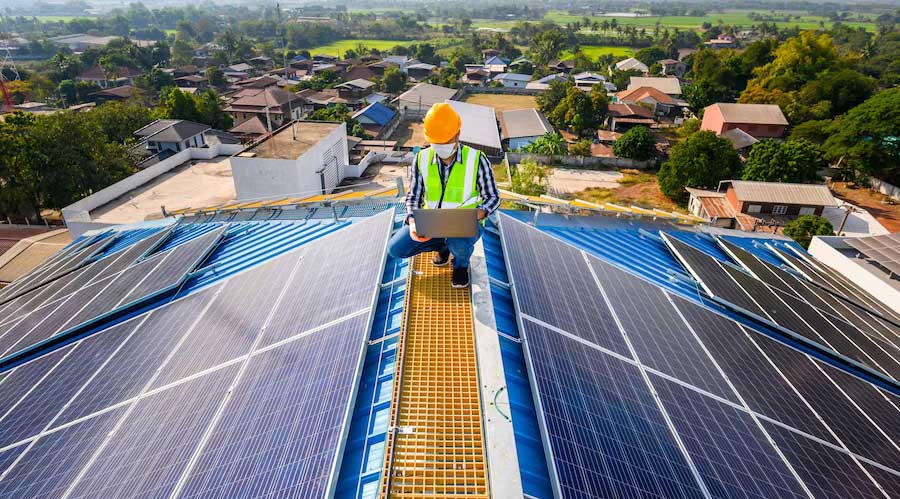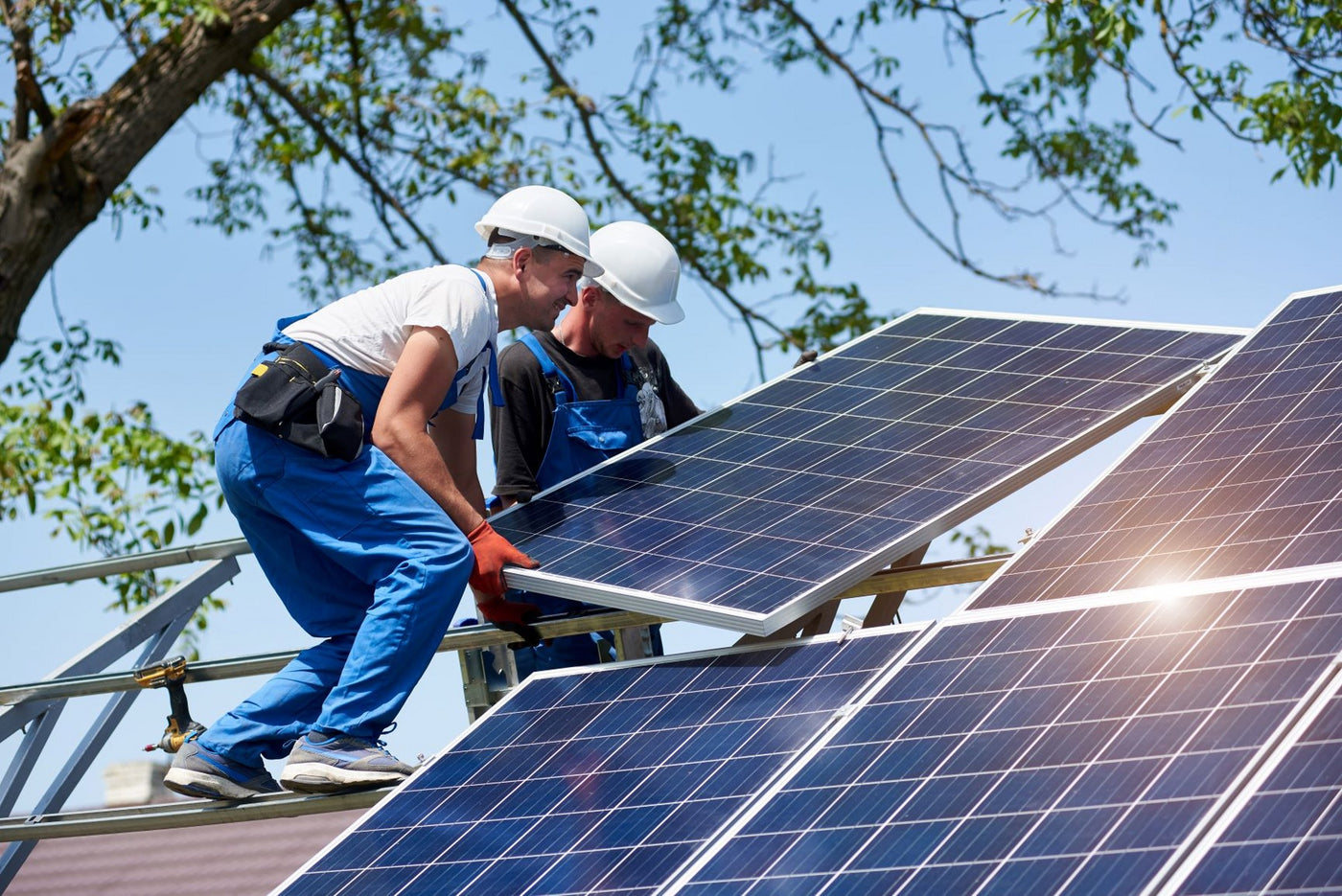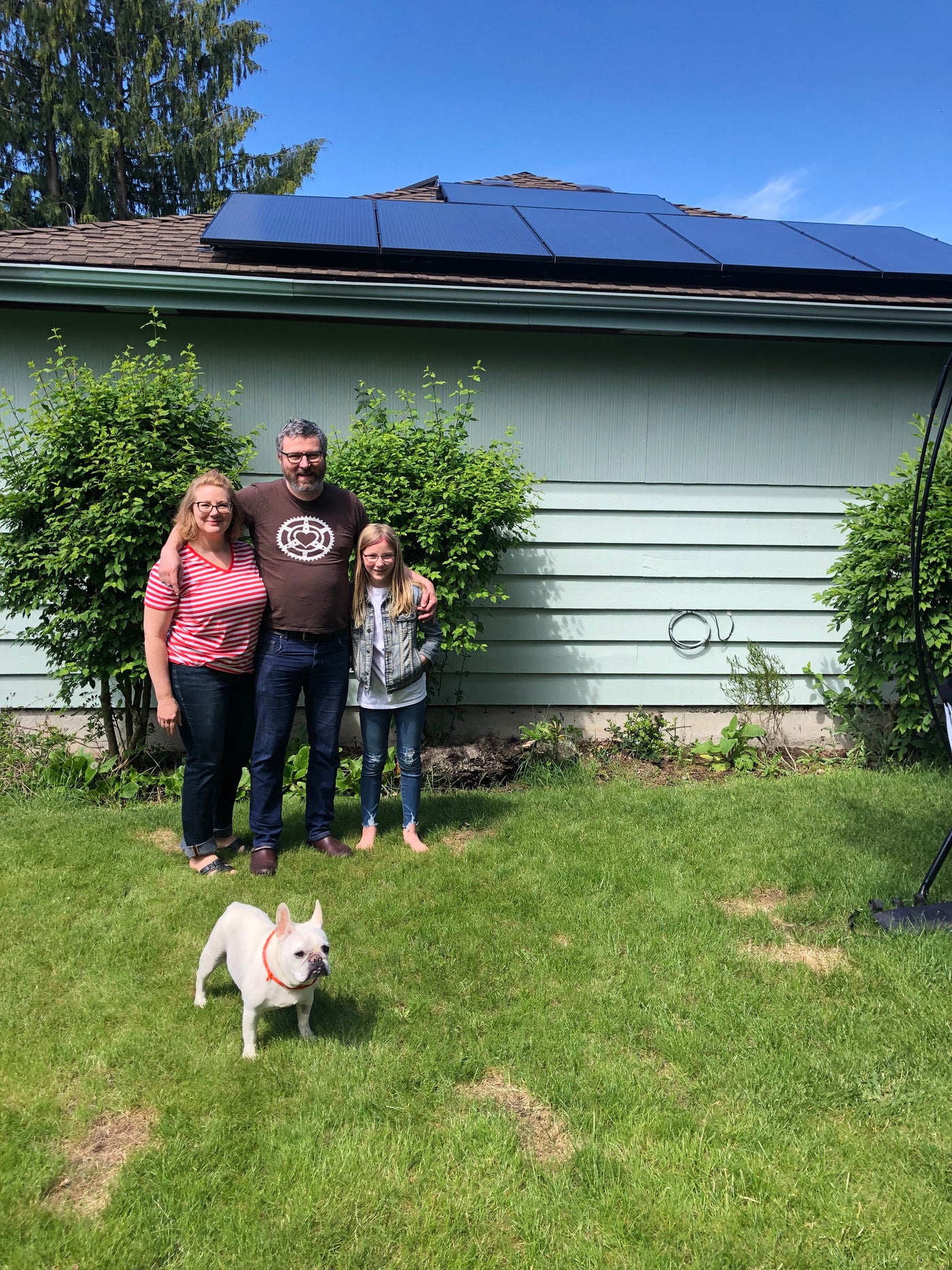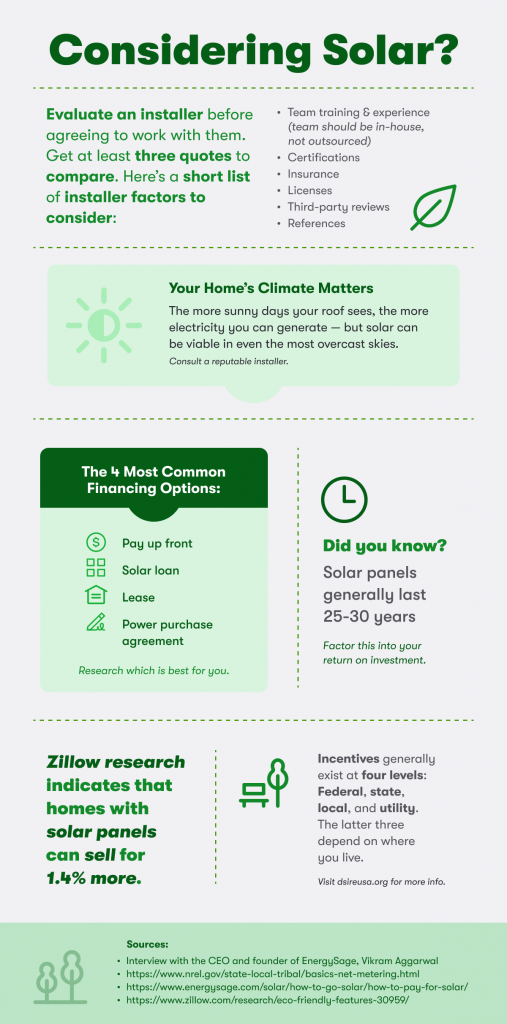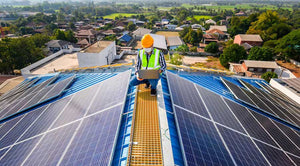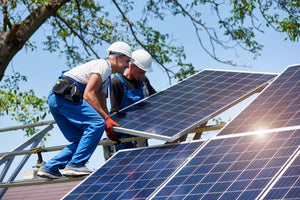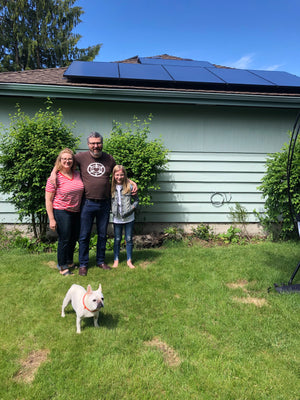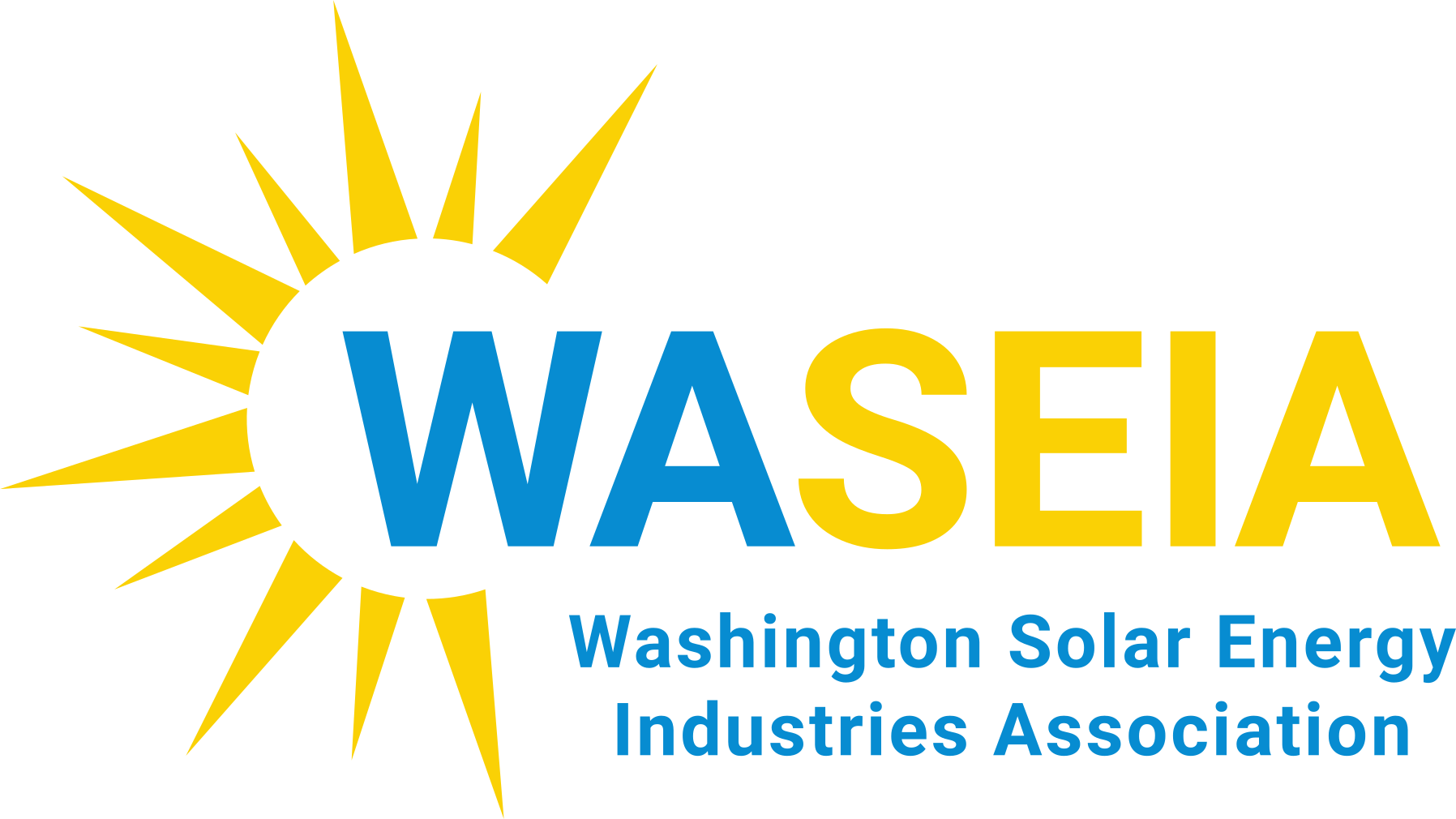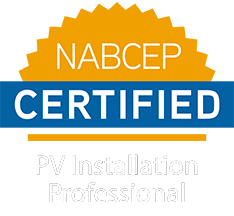The installer company did not reply to a request for their side of the story.
Going green has much appeal, but if it costs you more greenbacks or stress than you expected, you could be left feeling green around the gills.
In Oregon, complaints to the consumer protection division in the Oregon Department of Justice related to residential solar doubled between 2019 and 2021, albeit starting from a low level.
Earlier this year, the Idaho Attorney General issued a consumer alert warning about misleading sales tactics by some solar companies.
A spokesperson for the Washington State Attorney General said that agency’s consumer protection division tallied nearly a hundred complaints since 2019 about this sector, including about deceptive advertising and high pressure sales. The tally still pales beside top generators of complaints such as e-commerce shopping and telecom services, so there was no indication action similar to Idaho was imminent.
